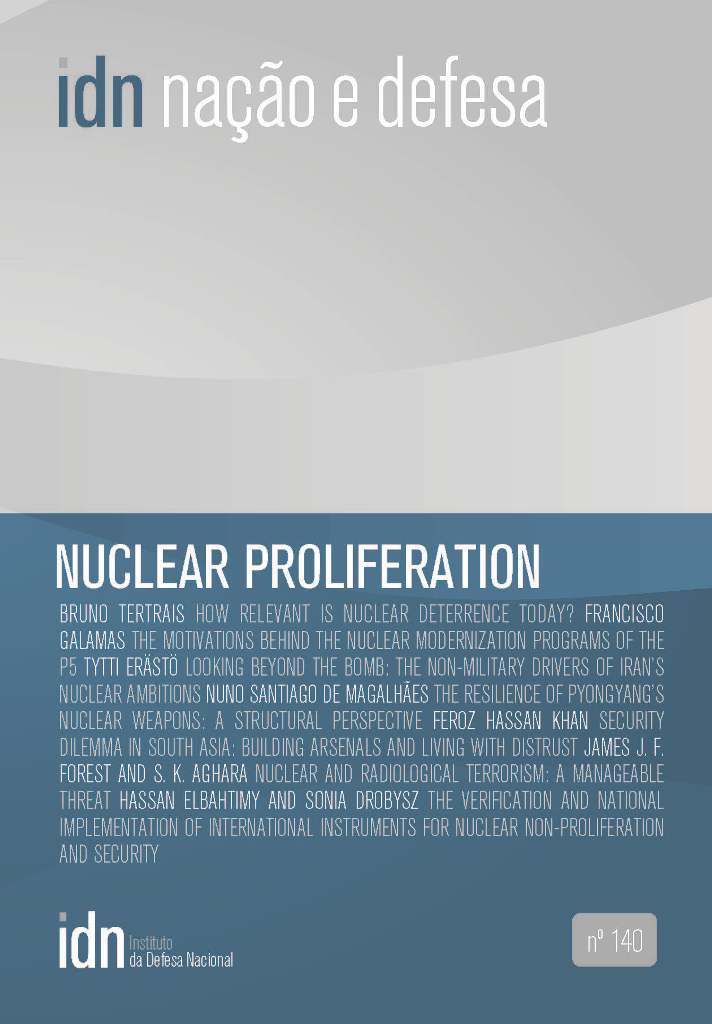The Russia-Ukraine Conflict
Lessons for Europeans from a Polish Perspective
Resumo
The current Russian-Ukrainian conflict has once again altered the fate of Eastern Europe. Yet, it should be also considered as a game changer for European security. The entire European security architecture has trembled as the eastern flank of the continent has been destabilised. If the conflict cannot act as a unifier for the transatlantic community, it could well spell tougher times down the road. This danger would become particularly acute if the perception takes hold that NATO has lost its credibility to deter threats and the EU has lost its ability to be a normative power which stimulates changes in the international environment. Firstly, this article presents five fundamental lessons-learned that must be drawn from the Russian-Ukrainian conflict in order to contain the potential future challenges and threats for Europe. Secondly, it offers four recommendations which constitute a sound basis for a concrete and long-term security policy action plan in response to the conflict.





